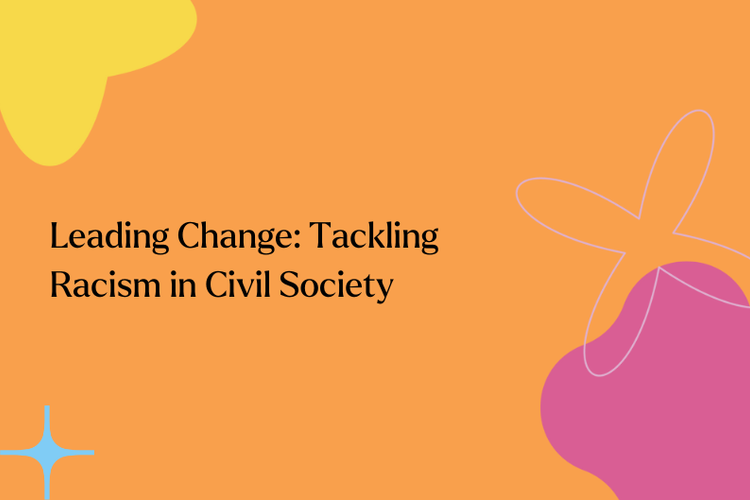
... And it's not the ballot box.
Look at most of the research on politics and youth engagement and you’ll see a picture of disillusionment and alienation, with many young folk feeling disconnected from traditional political processes. But is this perceived apathy a misinterpretation of a deeper, more nuanced reality?
Yesterday, in the heart and heat of a sweltering London, I attended an event hosted by The Diana Award that shone a spotlight on youth engagement in politics. It featured an inspirational panel including Alastair Campbell, Damian Stirrett, Cameron Holt, Idorenyin Akpan and Sarah Olney, whose insights and perspectives added depth to the discussions.
Enter Little Simz, the artist who's been making waves with her politically charged music. In her track 'Introvert' from the critically acclaimed album of the same name, she expresses a sentiment that resonates with many young people today. Simz skilfully addresses a range of deeply political issues in her lyrics, including housing, homelessness, and poverty.
All while stating she's not into politics.
This paradox says everything the complex relationship many young people have with politics. They're acutely aware of societal issues and passionate about change, yet feel alienated by its current form. It's not that they're uninterested; rather, they're seeking new ways to engage that align with their experiences and values.
The Diana Award recently undertook a comprehensive research initiative which aimed to bridge this gap, delving deep into the perspectives, experiences, and desires of young people aged 13-25 in the UK. Through surveys, focus groups, case studies and peer research, they've begun to paint a more accurate picture of youth political engagement.
What's emerging is a generation that's politically aware and eager to make a difference, but often feels unheard or undervalued in traditional political spaces. They're looking for authenticity, relatability, and meaningful opportunities to effect change.
This is where artists like Little Simz come in. Much like Bob Dylan for previous generations, Simz serves as a thought leader, articulating the frustrations and aspirations of her peers in a language that resonates with them. Her music becomes a form of political engagement, sparking conversations and inspiring action.
The challenge now is for the political establishment to recognise and embrace these alternative forms of engagement. It's about meeting young people where they are, whether that's on social media, at music festivals, or in community spaces.
The Diana Award's research provides valuable insights into how we might begin to close the alienation gap, including:
1. Amplifying youth voices in policy-making processes
2. Utilising digital platforms for political engagement
3. Supporting youth-led initiatives and organisations
4. Incorporating political education into school curricula
5. Encouraging politicians to engage directly with young people in their spaces
This research by The Diana Award is just the beginning. It provides a foundation for understanding, but the real work lies in translating these insights into action. We need to create a political system that not only includes young people but is actively shaped by their perspectives and experiences.
What I learned from the young people on the panel and in the audience is that it's not about forcing young people to fit into existing structures. Instead, it's about reimagining those structures to reflect the diverse ways in which young people are already politically active and passionate. By doing so, we can build a more inclusive, dynamic, and representative democracy for all.






















